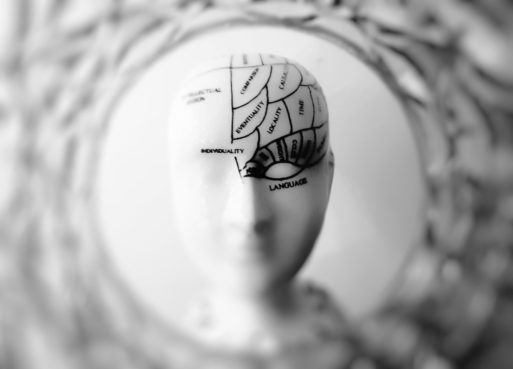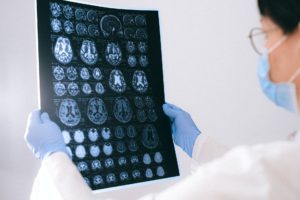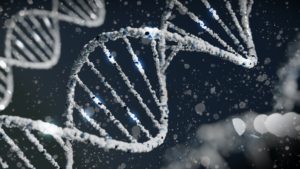
Most people are unaware they can choose to donate their brain to science.
Although most people are familiar with organ donation, few realize that donating your brain to science is not the same. Organs like kidney, heart or lungs can be harvested at time of death to be transplanted into a living person. A brain cannot be transplanted. But it can provide valuable medical insight post death. Donating your brain to science helps medical researchers study how diseases afflict the tissue in the brain. This research can lead to a better understanding of diseases including causes and treatments to benefit future generations.

Researchers learn a lot about a multitude of diseases from brain tissue studies.
Donating your brain to science may also be a means to obtain a conclusive diagnosis after death. For example, a definitive diagnosis of Alzheimer’s disease is only possible via an autopsy of brain tissue. Researchers use a microscope to look for amounts and locations of amyloid plaques and tau tangles. Donor families may receive a copy of this autopsy report. This information can often bring closure to loved ones. This was true for Natalie’s family, spotlighted in this video from the University of Wisconsin School of Medicine and Public Health.
Beyond an autopsy, donated brain tissue is divided and carefully stored in a brain bank. The NeuroBioBank was established in the U.S. by the National Institutes of Health in 2013. The NBB serves as a central point of access to collections of specimens. These brain samples and supporting medical resources are delegated to scientists around the world. These studies have significantly advanced the treatment of many neurological and neurodegenerative diseases, including autism, depression, bipolar disorder, multiple sclerosis, Parkinson’s disease, epilepsy and traumatic brain disorders.
Researchers are pushing for more public awareness about the benefits of brain donation. Any person over the age of 18 can register to be a potential brain donor. Both diseased and unaffected organs are needed. And one brain donation can supply hundreds of studies.

Studies of the brain may reveal whether genetic dispositions played a role in cause of disease.
If you are considering donating your brain to science, it is best to discuss the decision with your family to ensure they are fully aware of your wishes. A consent form must be signed by a family member at your time of death. A family representative will also need to call the brain bank within two hours after your death. You can still have an open casket at your funeral after the brain and spinal cord have been removed.
Visit the Brain Project to learn more about how and why of donating. You can even choose to donate your brain to a particular disease study, perhaps one relevant to you or your family. So, why not give the gift of a better life to future generations? It’s a no-brainer.

 The Whys and Hows of Donating Your Brain To Science
The Whys and Hows of Donating Your Brain To Science


 “Songbird” by Fleetwood Mac
“Songbird” by Fleetwood Mac
 First the Wealth Gap, Now the U.S. Has a Growing Health Gap
First the Wealth Gap, Now the U.S. Has a Growing Health Gap
 How to Comfort A Dying Loved One
How to Comfort A Dying Loved One














